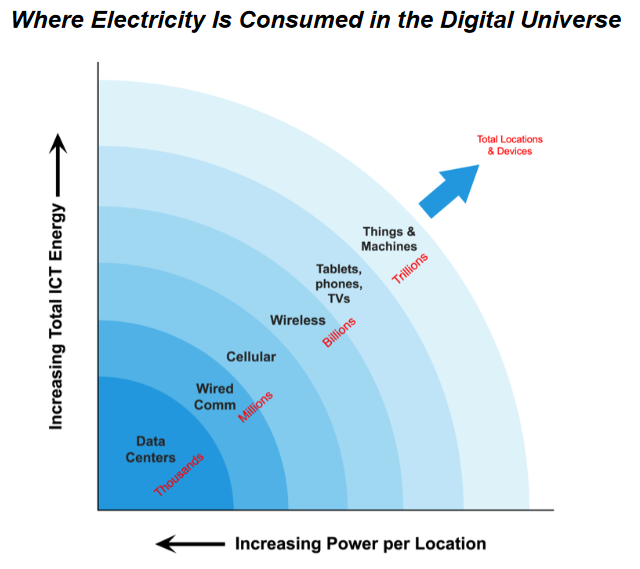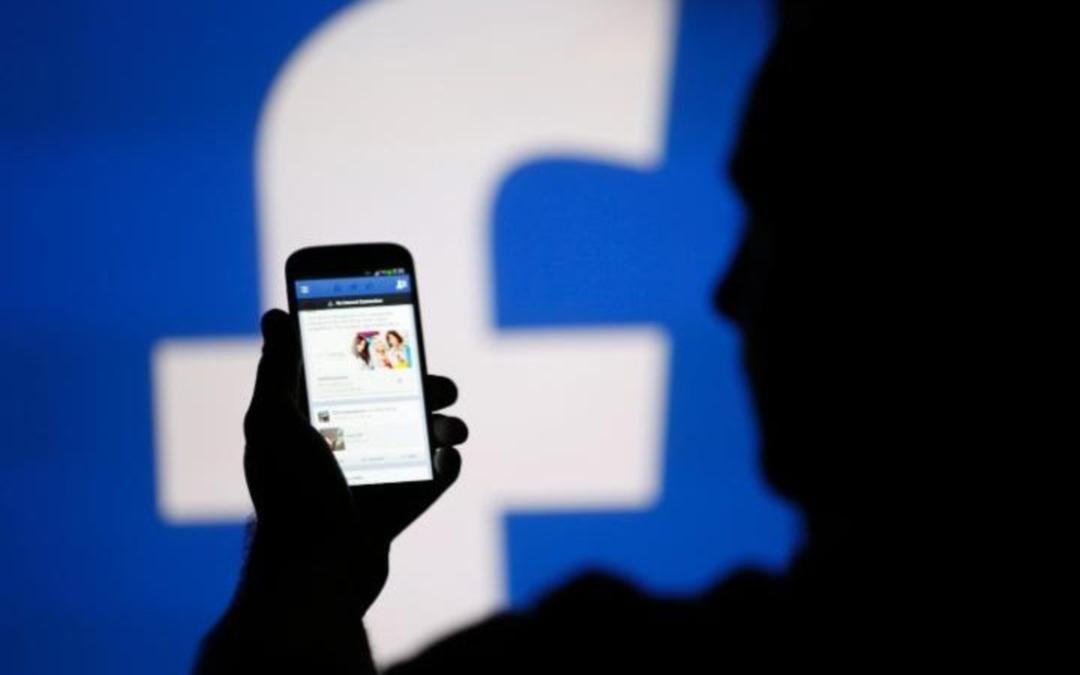38% of Webpages That Existed in 2013 Are No Longer Accessible a Decade Later
A new Pew Research Center analysis shows just how fleeting online content actually is:
1. A quarter of all webpages that existed at one point between 2013 and 2023 are no longer accessible, as of October 2023. In most cases, this is because an individual page was deleted or removed on an otherwise functional website.
2. For older content, this trend is even starker. Some 38% of webpages that existed in 2013 are not available today, compared with 8% of pages that existed in 2023.This “digital decay” occurs in many different online spaces. We examined the links that appear on government and news websites, as well as in the “References” section of Wikipedia pages as of spring 2023. This analysis found that:
1. 23% of news webpages contain at least one broken link, as do 21% of webpages from government sites. News sites with a high level of site traffic and those with less are about equally likely to contain broken links. Local-level government webpages (those belonging to city governments) are especially likely to have broken links.
2. 54% of Wikipedia pages contain at least one link in their “References” section that points to a page that no longer exists.[…]


